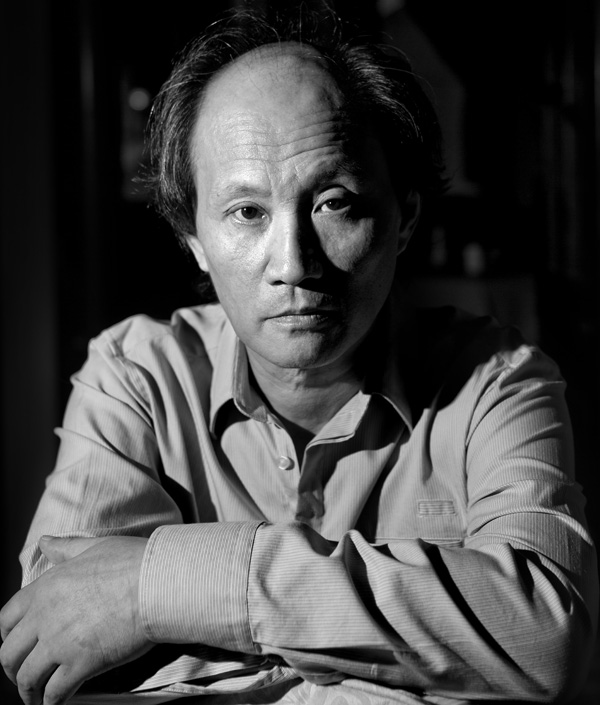Deals help unfold Shanghai saga
By Fang Aiqing | China Daily | Updated: 2019-04-08 07:40

Jin Yucheng's sweeping novel detailing the complexities of city life, Blossoms, is being translated into several languages, including English, Fang Aiqing reports.
New translations of Shanghai writer Jin Yucheng's work Fan Hua (Blossoms), which "could almost be called a Shanghai encyclopedia" as the translator of the English version John Balcom once put it, are set to offer more overseas readers a taste of Shanghai.
The work has been signed up for an English translation deal with the US book company Farrar, Straus and Giroux last December, a Japanese version with Hayakawa Publishing Corp and a French one with Gallimard in January. A deal for a Vietnamese translation was confirmed in 2016, while two Spanish publishers are also bidding for the work, according to Peng Lun, Jin's foreign rights agent.
According to Peng, FSG will also look for deals with potential publishers of the book from other English-speaking countries on behalf of the author.
Set in Shanghai, the book spans the decades between the 1960s to the beginning of the 21st century, and presents a detailed panorama of city life.
Peng says FSG praised Jin's work for its "Proustian sensuality" and depiction of the mundane day-today life.
It tells the stories of three childhood friends-A Bao, Husheng and Xiao Mao-who were born into capitalist, military and working families, respectively.
The multiple timelines of their childhoods in the 1960s and 1970s run into their middle-ages in the late 1990s and 2000s, and unfold the events of both the "cultural revolution" (1966-76) and the reform and opening-up period, which are interwoven with the ups and downs of the people around them.
Their individual twists of fate all play out against a sweeping historical backdrop, together with detailed descriptions of the characters' lifestyles, social lives and relationships over the years.
Some of the characters' uncanny endings, which involve mythology, also lend the novel a feeling of magical realism.
As a work grounded in the lustrous, subtle and complex life in the metropolis, the book stands out in sharp relief against numerous other works which tend to focus on Chinese rural life.
The novel won the Mao Dun Literature Prize, one of China's highest literary honors, in 2015. That same year, Hong Kong director Wong Karwai decided to make it into a movie.























